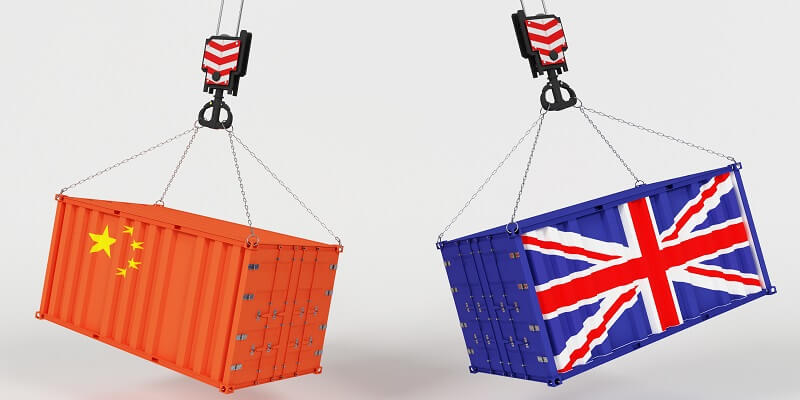The Biden administration is taking steps to limit China’s access to cloud computing services, intensifying the ongoing battle between the United States and China. The move is in response to a workaround employed by Chinese companies, wherein they rent cloud compute instances to bypass US bans on chips. This practice not only undermines US restrictions but also offers cost advantages for Chinese businesses.
Chinese companies have resorted to renting cloud compute instances, which allows them to circumvent the chip bans imposed by the US. By utilizing this strategy, Chinese companies can continue to acquire and use chips for their operations at a lower cost. However, this method has raised concerns in the US, compelling the Biden administration to intervene and maintain control over the export of technologies.
Proposed Rule Requiring Government Approval for Cloud Computing Companies
To address this issue, the Biden administration is preparing a new rule that would mandate cloud computing companies to obtain government approval before serving Chinese customers. This measure aims to exert greater control over the export of computing capabilities and ensure that appropriate safeguards are in place to protect national security interests.
Significance of Powerful Hardware Access for Both Countries
Both the US and China have access to cutting-edge hardware, which plays a crucial role in developing large models and handling complex artificial intelligence workloads. This advanced hardware enables technological advancements with implications spanning various sectors and industries globally. Therefore, maintaining control over access to powerful hardware has become a primary objective in the technological rivalry between the US and China.
Sanctions and Rules Imposed by Both Countries
Amid the intensifying competition, both the US and China have imposed sanctions and rules to limit each other’s access to computing elements and prevent the acquisition of more powerful capabilities. These measures aim to assert dominance in the AI and technology sectors, with both nations seeking to gain an edge in the global technological race.
US Ban on Export of AI Chips to China
In an effort to restrict China’s advancement in artificial intelligence, the US has already banned the export of AI chips to China. This move virtually blocks China from utilizing any US technology for the development of AI tools. The ban marks a significant escalation in the trade and technological conflict between the two superpowers.
US Department of Commerce’s Response
The US Department of Commerce has chosen to remain tight-lipped regarding the potential ban, refusing to provide any official comments. This silence suggests the intricate nature of the evolving situation and the strategic considerations surrounding the restriction of China’s access to cloud computing services.
China’s Response and Counteractions
China, recognizing the US’s efforts to curtail its technological progress, has responded with its own countermeasures. China has imposed bans on the export of certain chip materials and even some chips themselves, leading to a direct impact on US Micron customers. These retaliatory steps underline the reciprocating nature of the battle for technological dominance.
Potential Timeline for Change in US Cloud Companies’ Interaction with Chinese Customers
It is anticipated that the new rule, imposing restrictions on US cloud companies serving Chinese customers, may be implemented in a matter of weeks. This timeline indicates the urgency with which the Biden administration seeks to address the issue and curtail Chinese access to advanced technology.
The Biden administration’s plan to restrict China’s access to cloud computing services reflects the growing intensity of the technological rivalry between the two global powers. By implementing this measure, the US aims to regain control over the export of computing capabilities and protect its national security interests. However, this move will significantly impact China’s ability to access and develop advanced technology, marking a crucial development in an ongoing battle that has far-reaching implications for both nations and the global technological landscape.

